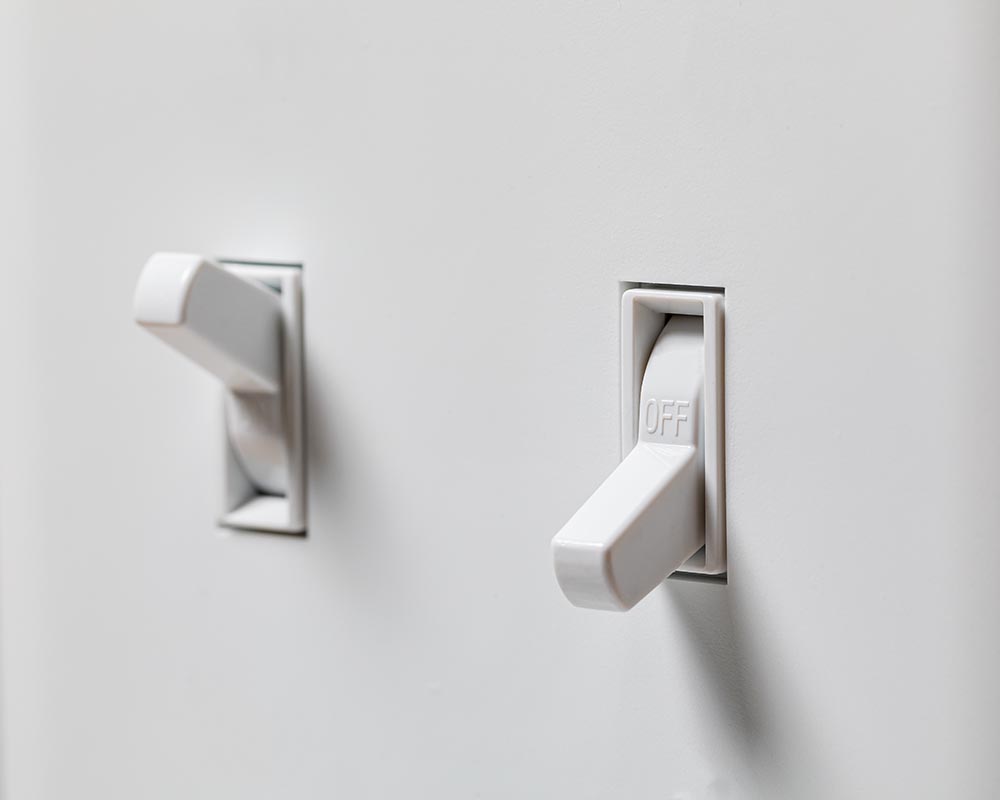When is the last time you thought about a home electrical safety checkup or inspected the electrical components in your home? If it has been a while, or if you don’t remember, now may be the time to do so.
Unfortunately, if you are like many other homeowners, you may not understand what to look for when you are looking at the various electrical components. Here you can learn what to look for and how to find any potential issues or problems during a home electrical safety checkup.
The Outlets and Switches
The best place to start is with the electrical outlets and switches in your home. Some things to look for include:
- Are all the outlets and switches working the right way? If your switches aren’t working properly, it could indicate issues with the wiring, which may be a fire hazard to you and your business.
- Are there any outlets or switches that feel warm when touched? If you have warm outlets or switches, it may indicate an unsafe wiring situation.
- Are your switches or outlets discolored? If there is discoloration, it is a sign that heat is building up in the connections to dangerous levels.
Cords
As a homeowner, you likely have cords for your appliances. Issues can arise with these, too. Some things to look for include:
- Are any of the cords damaged, frayed, or cracked? If there is a damaged cord, they may have wires that are exposed that could cause a shock hazard.
- Are there cords that have been pinched by windows, doors, or furniture? If cords are pinched, it can result in serious damage to the insulation or even break the wire strands causing a shock and fire hazard.
- Have the cords been attached to something using staples or nails? Staples or nails may pinch or cut the insulation, break the wire strands, or cause other issues that result in a shock or fire.
- Have cords been installed under carpeting? If cords are under the carpet, they may overheat because there is no air flowing around them, resulting in a fire hazard.
Appliances and Lamps
There may also be problems with the appliances and lamps in your home. Some of these include:
- Is the proper wattage being used for light fixtures or lamps? A bulb that has a wattage that is higher than what is recommended, which can overheat the wiring may cause a fire.
- Are all the appliance cords in a place where they won’t come into contact with another type of hot surface? Cords may begin to burn or melt because of excess heat. This can cause a shock or fire.
As you can see, there are several issues that may arise with your homes electrical components. Be sure to keep this in mind to ensure you keep electrical components intact and problem-free. Being informed and working with professionals is the best way to keep any electrical system working properly. Contact Fusion Electric today!


